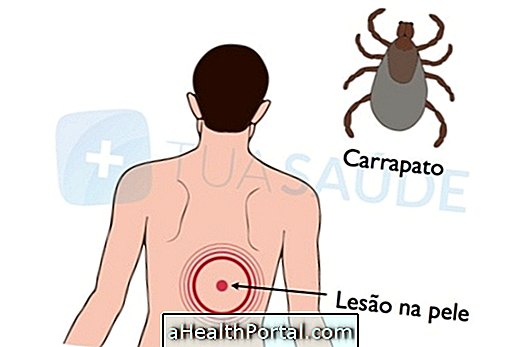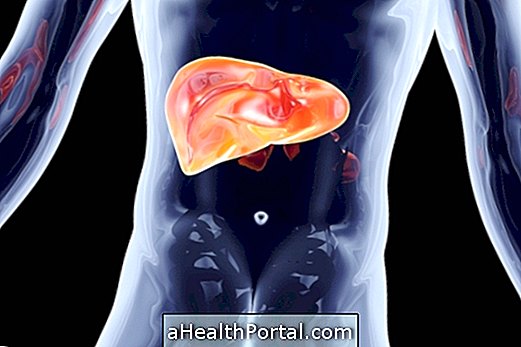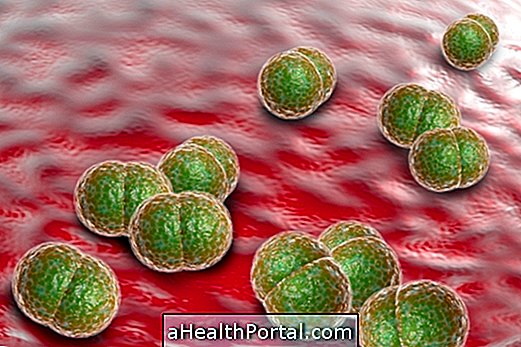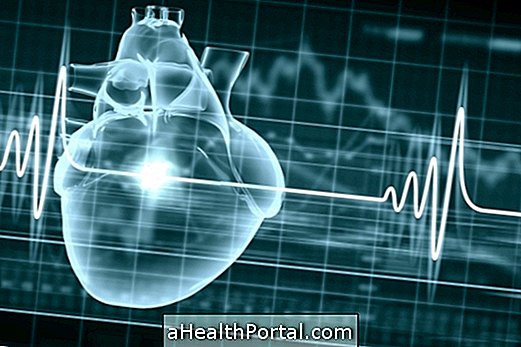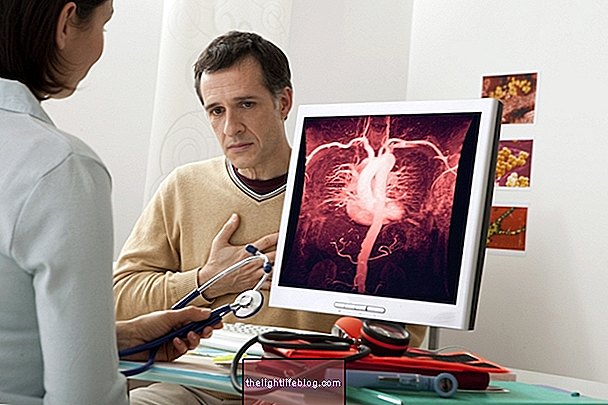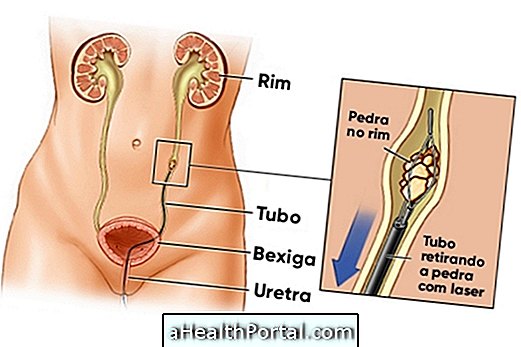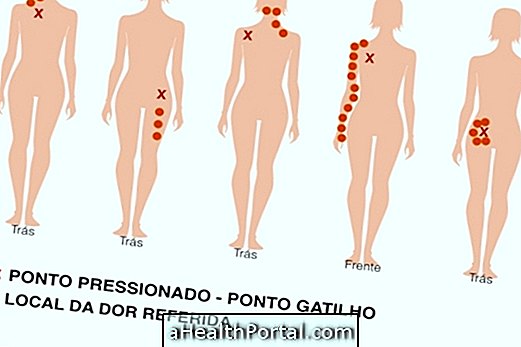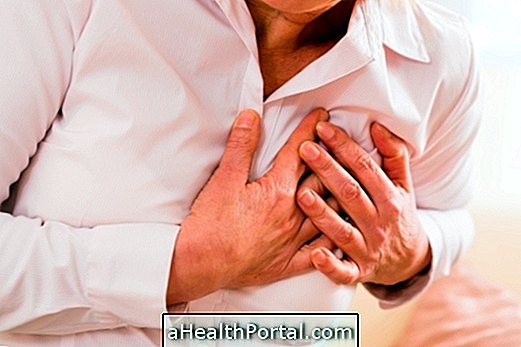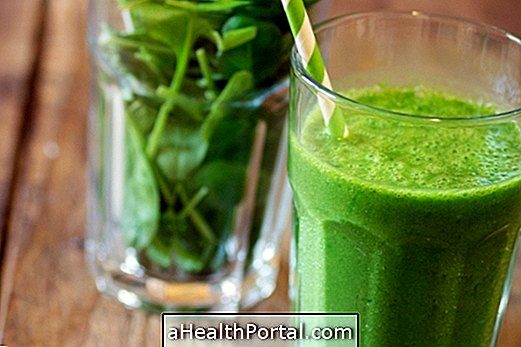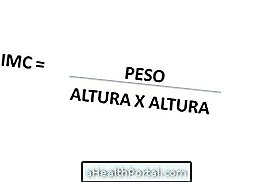Medicated hepatitis is a serious inflammation of the liver caused by the use of medications that can cause acute hepatitis or fulminant hepatitis.
The development of this type of hepatitis may be related to the amount of drugs used by the individual and their toxicity, in which case the drug directly damages the liver cells and can be developed by any individual exposed to these drugs. In other cases, hepatitis is caused due to the hypersensitivity of the subject to a certain medication, as if it were an allergic reaction of the liver manifested in the form of hepatitis.
Drug hepatitis does not get caught because it is not contagious and is only caused by the use of substances that impair liver function.
Remedies that can cause drug-induced hepatitis
Some substances that can cause hepatitis are Anabolic and toxic products used in industrial environment, besides medicines such as:
| Paracetamol | Nimesulide | Thiazolidinediones |
| Erythromycin | Statins | Tolcapone |
| Amiodarone | Tricyclic antidepressants | Fluoroquinolones |
| Tetracyclines | Isoniazid | Rifampicin |
| Acetaminophen | Halothane | Sodium valproate |
| Phenytoin | Amiodarone | Valerian extract |
| Oxyphenisatin | Methyldopa | Isoniazid |
In some rare cases, Roacutan, a medicine used to treat severe acne, can cause drug-induced hepatitis, but disappears with a decrease in the dose of the drug or its suspension.
It is important to emphasize that drug hepatitis does not occur in all patients who take these drugs, but they have a higher sensitivity to them.
Symptoms of Medicated Hepatitis
The symptoms of drug-induced hepatitis suddenly appear after taking the medicine, through:
- Low fever;
- Yellowing of the skin and whites of the eyes;
- Itching through the body;
- Pain in the right side of the abdomen;
- Nausea;
- Vomiting;
- Malaise;
- Urine dark as the color of coca cola;
- Feces of light color like clay or putty.
Medicated hepatitis can be confirmed when the doctor observes the symptoms and the examinations presented after the use of some medication, or exposure to toxic substances.
How to identify
Whenever a physician needs to assess liver health he begins by requesting a blood test called Hepatogram, which evaluates: TGO, TGP, GGT, albumin, bilirubin, lactate dehydrogenase, and prothrombin time. These tests are usually ordered together and provide important information about the liver's condition, being altered when there is an injury, since they are very sensitive markers. In addition to these tests liver biopsy may help differentiate it from other types of hepatitis. Check out what the TGO exam and the TGP exam are for.
How to Treat Drug Hepatitis
Treatment for drug hepatitis consists of immediate suspension of the drug, or exposure to any toxic substance that may have caused the disease.
When this is not enough, the doctor may prescribe corticosteroids for a period of approximately 2 months or until normalization of the liver exams. Usually after 1 to 3 years the patient should be reexamined to evaluate how his liver is.
Here's how you can complement the treatment of drug hepatitis:
- Diet for hepatitis
- Home remedy for hepatitis
What to Eat in Hepatitis Medication
The diet for drug hepatitis consists of drinking plenty of water and increasing the consumption of natural foods like vegetables, fruits, and cereals, reducing the consumption of high-fat foods and alcoholic beverages.
This type of feeding is important to facilitate detoxification of the liver because these types of food are more easily digested and the liver is less required. See more feed details in this video:

Prevention of drug-induced hepatitis
As forms of prevention of drug hepatitis it is recommended to only take medicines prescribed by the doctor and never exceed the recommended doses.
Individuals working in industrial environments and exposed daily to toxic products should wear appropriate clothing and use masks to prevent inhalation of these products.

